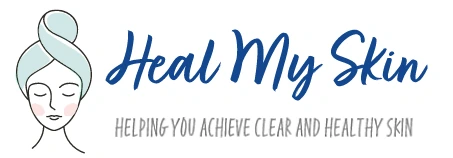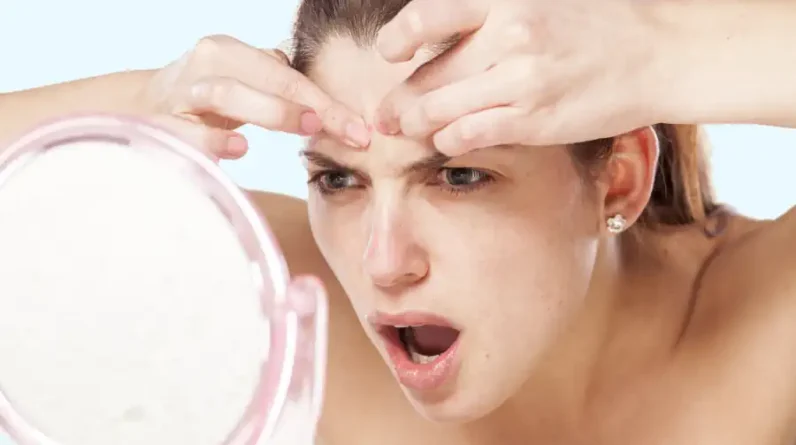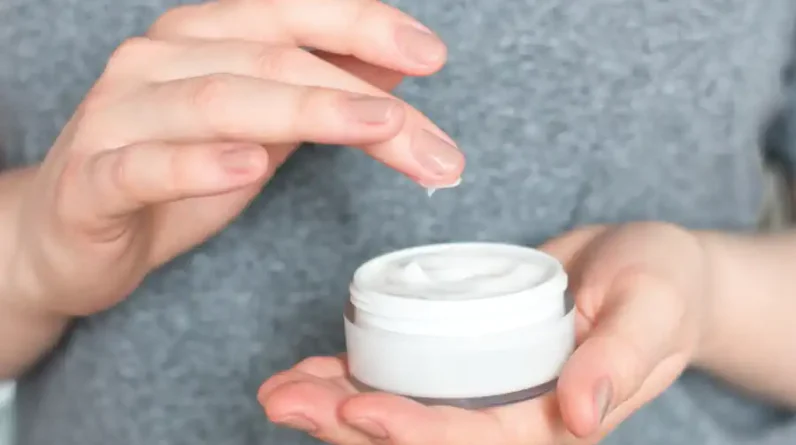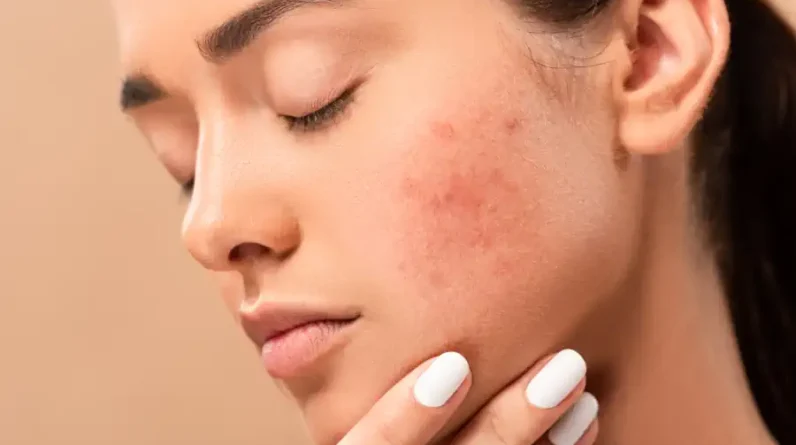One of the most pernicious myths about acne is that it’s caused by poor hygiene. After all, those acne blackheads sure look like they’re just dirt and grime clogging up your pores. So, if you simply washed a little more frequently, you wouldn’t have acne, right?
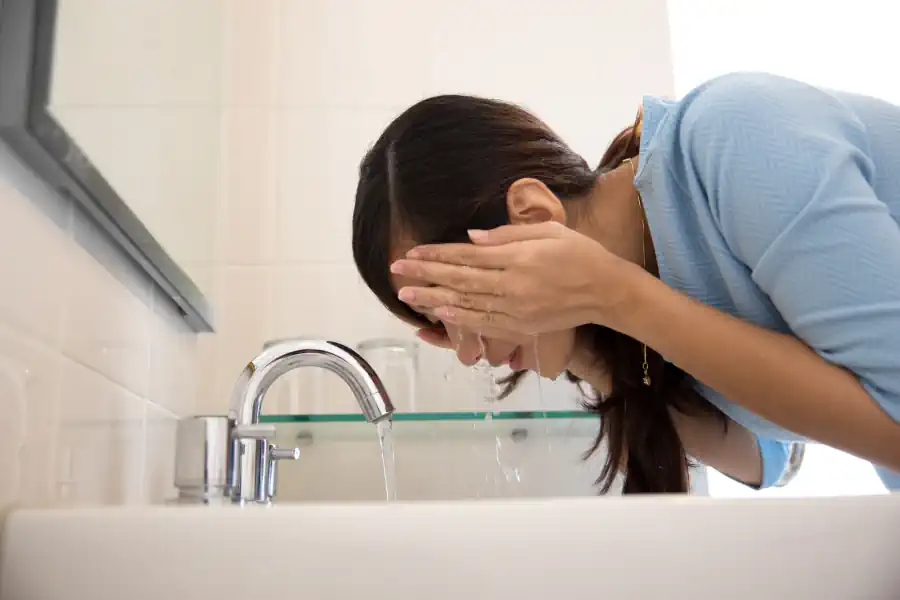
Wrong! Acne is not caused by dirt on the surface of the skin. In fact, over-washing can actually make acne worse. It can irritate the skin, causing inflammation and increased sebum (oil) production.
Blackheads Are Not Dirt
Blackheads are so named because they look like they’re filled with dirt. But what you’re seeing is really an open bump on the skin that is full of sebum and dead skin cells that have oxidized. This reflects light within the clogged follicle in a way that makes it look black.
So, if acne isn’t caused by dirt, what is it caused by? Well, acne is created by various factors that combine to cause a pimple.
The first factor is excess oil. We all have sebaceous glands along with our hair follicles. These produce sebum to moisturize and protect our skin.
But sometimes, these glands can go into overdrive, producing too much sebum. When this happens, the excess oil can mix with dead skin cells to clog pores.
At this point, if the top of the pore remains open, you will have developed a blackhead. Blackheads are most commonly found on the nose and other areas of the face. But, they can also form on the chest, back, and shoulders. While they may look unattractive and dirty, blackheads are not harmful to your health.
C. Acnes
However, not all acne lesions are blackheads. Some become actual pimples. But of course, a clogged pore is not enough, all by itself, to cause a pimple.
Instead, you need the presence of acne-causing bacteria called Cutibacterium acnes (C. acnes). These bacteria are found on the surface of everyone’s skin. C. acnes starts to multiply inside a pore when it becomes clogged with sebum and dead skin cells. This infection causes the body to mount a response designed to kill the bacteria. This results in inflammation, which is visible as an acne lesion.
So, while poor hygiene isn’t the cause of acne, you can see how it can be a contributing factor. If you don’t wash regularly, excess sebum and dead skin cells can build up on the skin’s surface and clog pores.
Other Factors
That said, many other factors contribute to acne. Hormonal changes can trigger acne breakouts. This is why adolescence is a typical time for people to experience this skin condition.
In addition, we know certain medications cause an increase in oil production. This will lead to clogged pores and pimples.
Genetics play a role, as families tend to share similar acne patterns. If your parents or other relatives had acne, you’re more likely to experience it yourself.
All these factors are more important than a bit of dirt on your face in placing you at risk for an acne breakout.
If you’re struggling with acne, don’t despair. There are many effective treatments available. Talk to your physician about what might work best for you. Or take a look at Acne No More – a product backed by 13 years of research.
